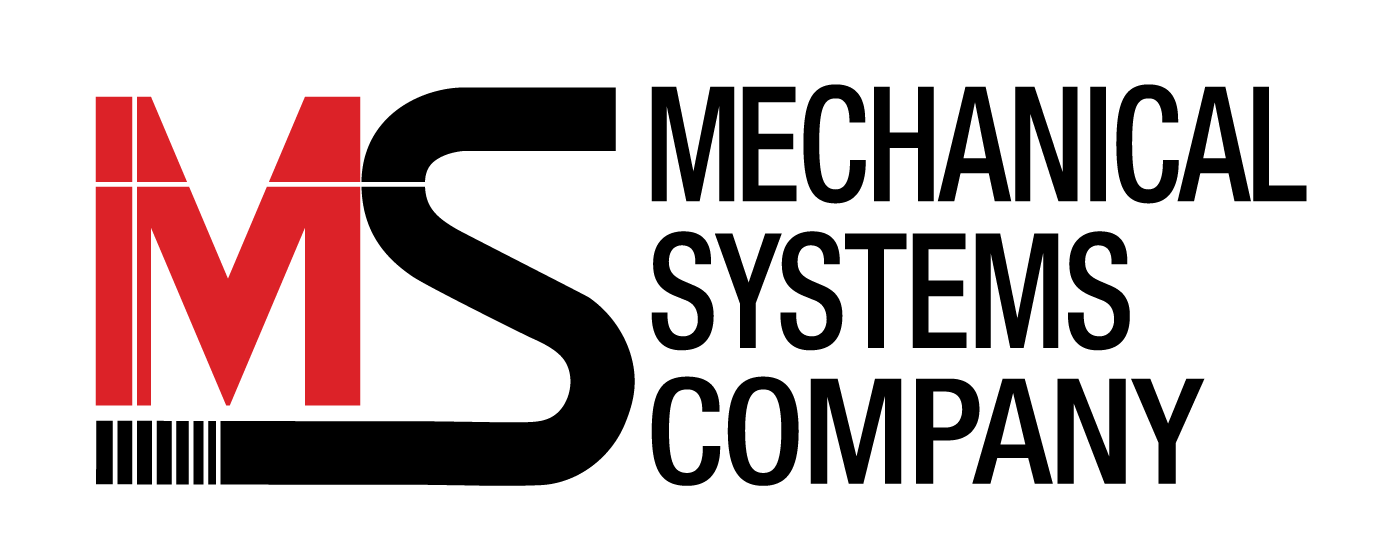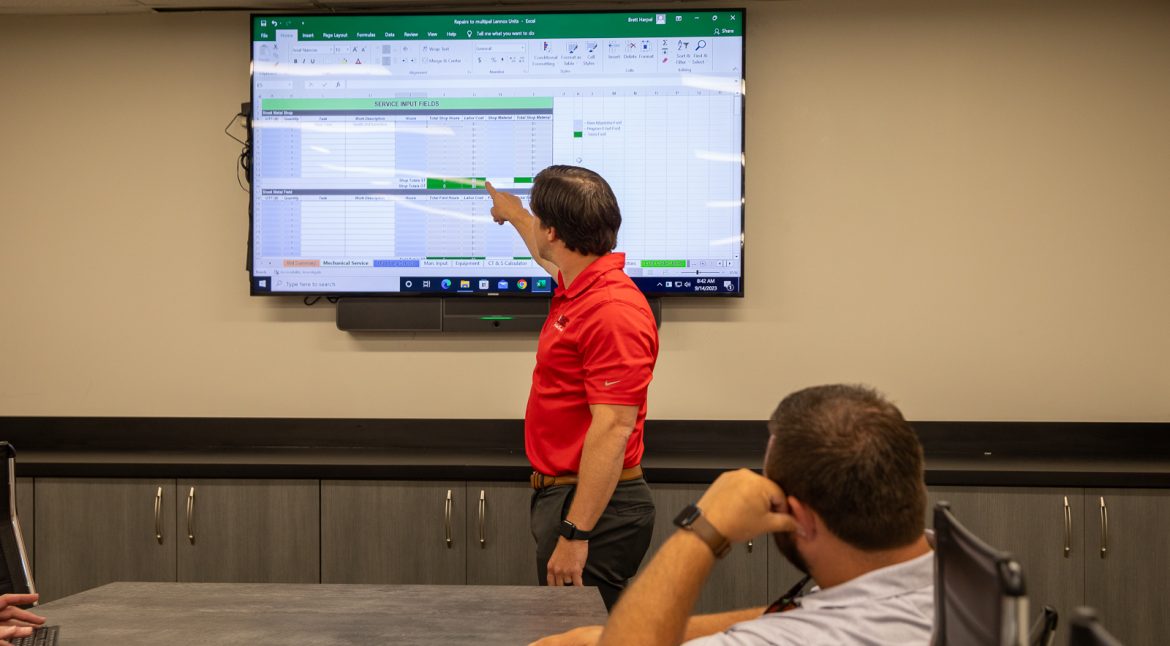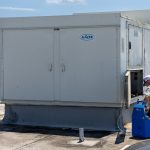As the new year approaches, many businesses are crunching numbers and planning for what’s ahead. For commercial and industrial facilities, budget discussions often overlook mechanical systems—until something breaks down.
Properly budgeting for your HVAC and mechanical systems isn’t just about avoiding emergencies; it’s about maximizing efficiency, reducing costs and ensuring smooth operations all year long. Let’s dive into the benefits of prioritizing mechanical systems in your 2025 budget, and how Mechanical Systems Company can help make the process easier.
1. Avoiding Costly Surprises
Unexpected breakdowns can throw off even the best financial plans. Unplanned repairs and replacements often cost significantly more and can disrupt operations due to downtime.
Budgeting for regular maintenance, upgrades and replacements allows you to anticipate expenses rather than react to emergencies. A proactive approach ensures your systems are always in top condition and helps you avoid the financial strain of unplanned repairs.
2. Boosting Energy Efficiency
Mechanical systems, especially HVAC units, are some of the largest energy consumers in a facility. Aging or inefficient systems can quietly drain your budget by driving up energy costs month after month.
By allocating funds for energy-efficient upgrades or retrofits, you can significantly cut utility bills over time. Modern systems not only consume less energy but also offer better performance, meaning your facility operates more smoothly while keeping costs down.
3. Enhancing System Reliability
Reliable mechanical systems are the backbone of your operations. When your HVAC system or other mechanical components fail, it impacts everything from employee productivity to customer satisfaction.
Budgeting for preventative maintenance ensures your systems are inspected, cleaned and tuned regularly, reducing the risk of unexpected downtime. Scheduled maintenance also extends the lifespan of your equipment, giving you a better return on your investment.
4. Staying Ahead of Regulatory Changes
Compliance is non-negotiable for mechanical systems. With evolving energy efficiency standards and refrigerant phase-outs on the horizon, businesses need to stay prepared to meet new requirements.
Setting aside funds for regulatory compliance ensures you can upgrade systems when needed without scrambling to find resources. Budgeting ahead not only keeps you compliant but also helps you avoid penalties or disruptions caused by outdated equipment.
5. Supporting Long-Term Capital Planning
HVAC systems are significant capital investments. Whether you’re considering a full HVAC system replacement, retrofitting older systems or adding new components, these projects require careful financial planning.
Incorporating these expenses into your 2025 budget helps you manage cash flow and spread out costs over time. Proper planning also allows you to take advantage of bulk purchasing, financing options or incentives for energy-efficient equipment.
6. Aligning with Sustainability Goals
For many businesses, sustainability is more than a buzzword—it’s a priority. HVAC systems play a major role in a facility’s environmental impact, from energy consumption to carbon emissions.
Budgeting for energy-efficient upgrades not only reduces operating costs but also aligns your business with sustainability goals. Whether you’re aiming for LEED certification, reducing emissions or simply cutting energy use, proper financial planning ensures you can make meaningful progress.
7. Improving Financial Predictability
When you include your mechanical systems in your annual budget, you create financial predictability. Regular maintenance schedules, planned upgrades and capital projects turn into expected expenses rather than unpleasant surprises.
This predictability helps you allocate resources more effectively, ensuring that unexpected costs do not impact other areas of your business. It also gives you the ability to track ROI on your mechanical investments, further justifying the budget allocation.
8. Strengthening Operational Resilience
HVAC systems don’t just keep your facility running—they keep your people comfortable and productive. Whether it’s maintaining a steady temperature, providing ventilation or ensuring equipment functions smoothly, these systems are vital.
When you budget for mechanical needs, you’re safeguarding your operations against disruptions. It’s a way of future-proofing your business and ensuring your facility can adapt to challenges without missing a beat.
Practical Tips for Budgeting Your Mechanical Needs
- Start with an Assessment: Conduct a thorough evaluation of your current systems to identify potential repairs, replacements or upgrades.
- Prioritize Preventative Maintenance: Allocate funds for routine inspections and servicing to avoid costly breakdowns.
- Plan for Capital Projects: Consider long-term investments and spread costs across multiple years.
- Account for Energy Savings: Calculate the potential savings from energy-efficient upgrades and factor them into your budget.
- Stay Informed on Regulations: Keep an eye on industry changes that could require compliance upgrades.
Budgeting for your mechanical systems isn’t just a financial decision—it’s a strategic one. By prioritizing maintenance, upgrades and efficiency, you’re setting your business up for a smoother, more cost-effective year.
As you look ahead to 2025, ensuring your operational budget aligns with your goals is crucial. Contact Mechanical Systems Company to help plan your 2025 operational budget with confidence. Our team provides comprehensive system documentation, conducts in-depth analyses and develops customized plans tailored to your specific needs.
By partnering with us, you’ll gain a clear understanding of your systems’ current performance, identify areas for improvement and implement cost-effective solutions to optimize operations throughout the year. Let us help you make 2025 your most efficient and productive year yet!



